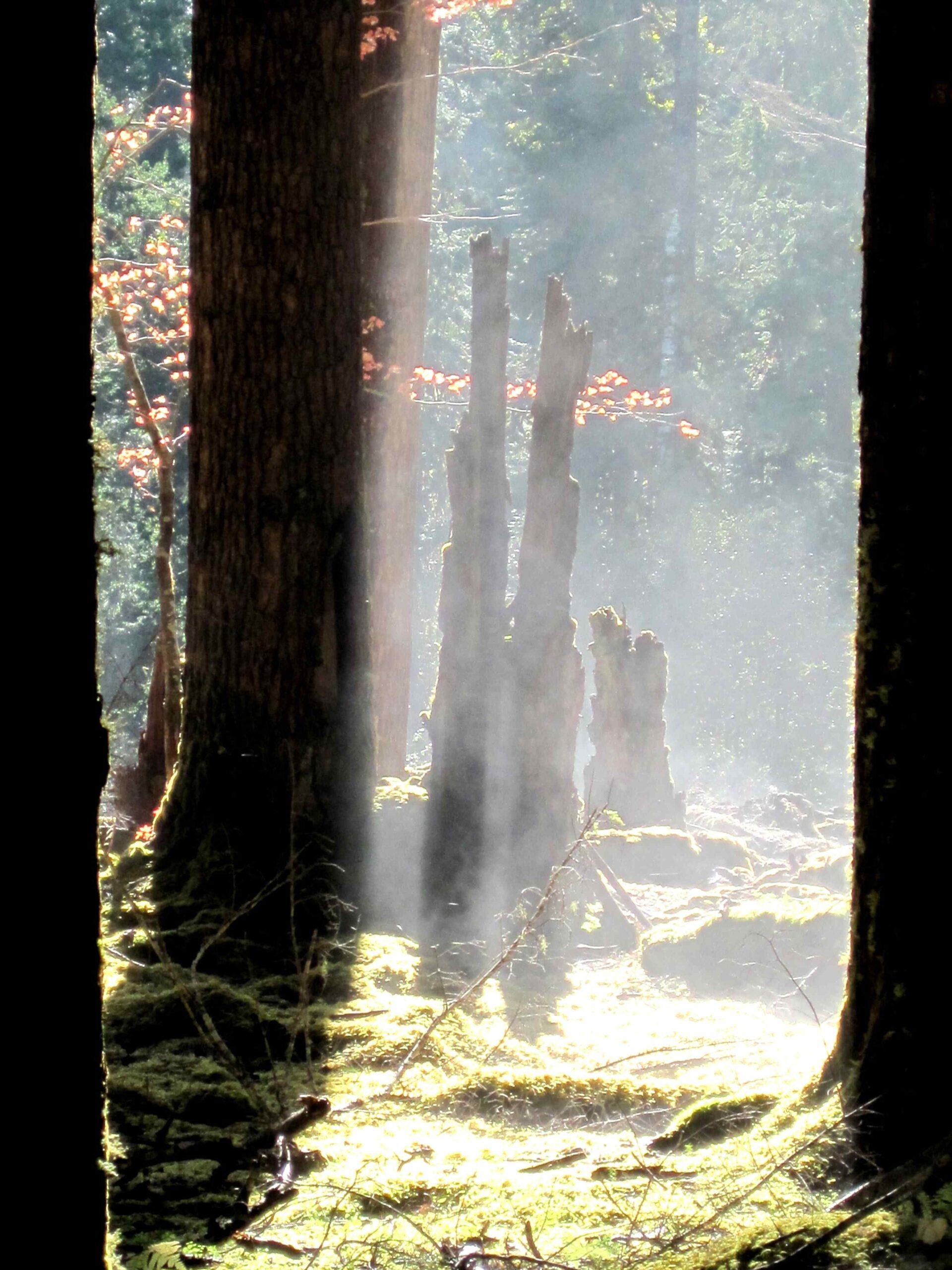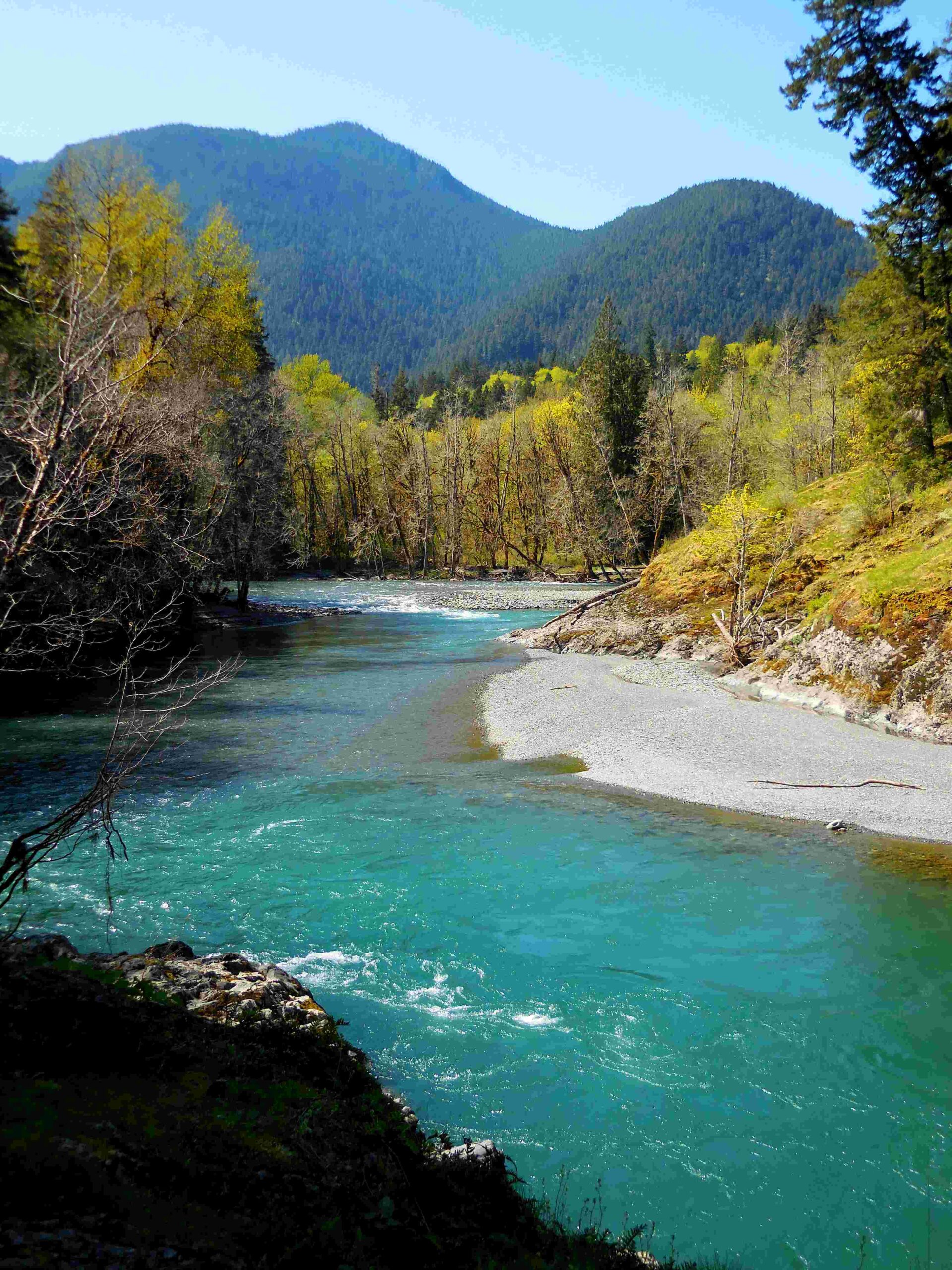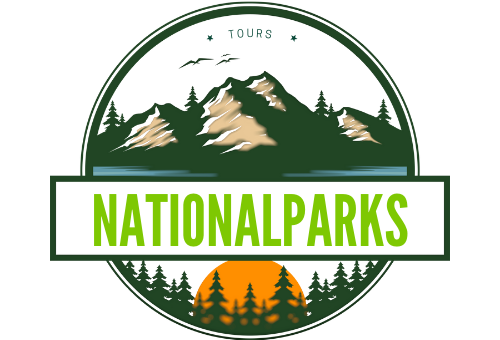The Long Ridge Trail in Olympic National Park is a 10.5-mile journey through diverse ecosystems, offering stunning views of Long Creek and the Elwha River canyon. Starting from Dodger Point, this moderate trail climbs from 900 feet to 5,753 feet, passing through lowland, montane, and subalpine forests. Hikers can enjoy small campsites, scenic vistas, and a unique dry ridgeline experience. Best hiked from July to October, the trail requires careful planning for water and bear safety.
What is the Trail Length and Starting Point of Long Ridge Trail?

The Long Ridge Trail in Olympic National Park spans approximately 10.5 miles. It begins at the Dodger Point area and follows the spine of Long Ridge. This trail offers hikers a unique perspective of the park’s diverse landscapes and ecosystems.
What Are the Notable Landmarks Along the Route?

As you traverse the Long Ridge Trail, you’ll encounter several noteworthy landmarks:
- Diverse Ecosystems:
- Lowland forest
- Montane forest
- Subalpine forest
-
Subalpine meadows
-
Scenic Views:
- Long Creek on one side
-
Elwha River canyon on the other
-
Camping Opportunities:
- Small campsites mid-way up the trail
-
Campsites near meadows below Dodger Point
-
Unique Features:
- Dry ridgeline
- Pond near the junction with Dodger Point Primitive Trail
Where Can I Find a Long Ridge Trail Map?
While a detailed map is not provided in this guide, hikers can access comprehensive trail information through the following resources:
- Olympic National Park’s official website
- Hiking apps with downloadable maps
- GPS devices (for use with pre-loaded coordinates)
Key map features to note include:
| Feature | Description |
|---|---|
| Trail Intersections | Junction with Dodger Point Primitive Trail |
| Points of Interest | Scenic viewpoints, campsites, pond |
| GPS Coordinates | Not specified in sources, but available through official park resources |
What is the Elevation Gain and Difficulty of the Trail?
The Long Ridge Trail presents a moderate challenge with significant elevation changes:
- Total Ascent: From 900 feet to 5,753 feet
- Elevation Change: 4,853 feet
- Difficulty Rating: Moderate
While the general elevation trend is moderate, hikers should be prepared for varying terrain and potentially steep sections throughout the trail.
What Do Hikers Say About Their Experiences on Long Ridge Trail?
Trail Conditions
- Well-maintained trail
- Conditions vary by season
- Best hiked from early July through October
Accessibility Challenges
- Limited water sources on some sections
- No campfires allowed above 3,500 feet
- Bear canisters recommended for wildlife protection
Recommendations and Seasonal Considerations
- Optimal Hiking Season: Early July through October
- Water Treatment: Boil, filter, or chemically treat water due to Giardia risk
- Wildlife Precautions: Use bear canisters and follow Leave No Trace principles
How Should I Prepare for Hiking Long Ridge Trail?
To ensure a safe and enjoyable hike on the Long Ridge Trail, consider the following preparation tips:
- Water Management:
- Carry sufficient water for dry sections
-
Bring water treatment methods (filter, tablets, or boiling equipment)
-
Wildlife Safety:
- Pack bear canisters for food storage
-
Familiarize yourself with bear safety protocols
-
Seasonal Gear:
- Check weather forecasts before your trip
-
Pack appropriate clothing for potential cold or snow conditions outside peak season
-
Navigation:
- Bring a reliable map and compass
-
Consider downloading offline maps to a GPS device or smartphone
-
Leave No Trace:
- Pack out all trash
- Use established campsites when available
- Follow park regulations regarding campfires and camping
By adequately preparing and respecting the natural environment, hikers can fully appreciate the beauty and challenges of the Long Ridge Trail in Olympic National Park.
References:
1. https://www.nps.gov/olym/planyourvisit/long-ridge-trail.htm
2. https://www.nps.gov/olym/planyourvisit/north-side-backpacking-information.htm
3. https://www.hikingproject.com/trail/7002013/long-ridge-trail

